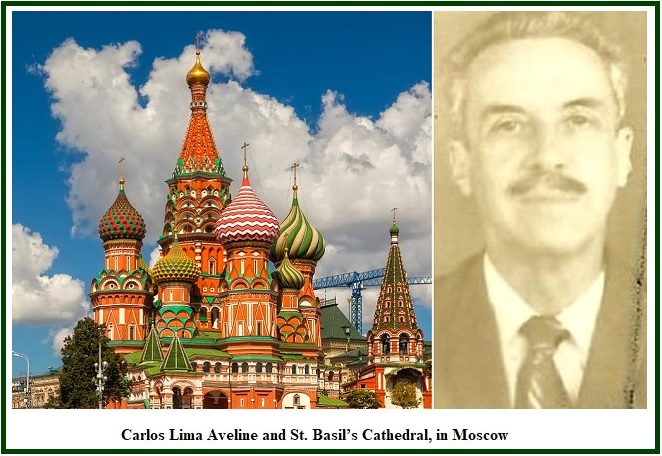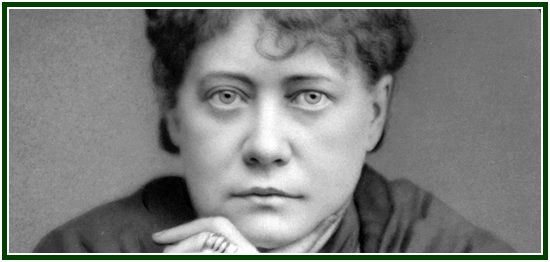
On the Practical Effects of the
Presence of an Ideal in One’s Life
Carlos Cardoso Aveline

Dedicating one’s life to a noble and transcendent goal produces a special kind of magnetism, and also a generous amount of Karmic tests.
An elevated ideal has its own substance, albeit subtle, and it stands miles apart from the small myopic games of short-term personal interest.
My father, Carlos Lima Aveline, lived in Russia in 1970-1971. He had been invited to spend as much time as he wanted there. He was 58 years old and was among the heroes of the non-violent struggle against the military dictatorship in Brazil. He had survived prison. He had left prison to the surprise of both jailers and military authorities. But now it was essential to take some time to rest in Russia. He needed to restore his strength and health, while a return to his country was calmly prepared. [1]
One day, while walking in a certain city not far from Moscow, the “Old Man” saw a couple standing on the street, arguing. Both the young man and the girl were aggressive. The dispute was unpleasant. Their angry voices profoundly contradicted the image that the Old Man had of an ideal society. Following a natural impulse, he went up to the couple. He used a language of his own – combining Portuguese, French and Russian – to order them to stop the discussion. The two immediately obeyed: having concluded that the Old Man was some sort of authority, they wanted to show him their personal documents. With a gesture and perhaps a smile he dismissed them. The Old Man was not there as a formal authority: he had simply acted as a human being. “In a socialist country, a couple doesn’t argue in the street.”
The presence of an ideal in our lives places the big and small gestures of everyday existence in a larger and brighter context. This often creates embarrassing situations, as in the above example.
The influence of an elevated ideal makes it necessary to avoid any significant mistake towards anger, laziness and other forms of personal failure. “The ideal is the great propelling force of the will”, says Jean des Vignes Rouges in his extraordinary “Dictionnaire de la Volonté”. In theosophy, if we have an ideal, we must defeat its opposite.
If we seek a noble goal, good habits are a duty. Correct and moderate actions become natural, and every time we make unnecessary mistakes, there is a feeling of remorse. An unrefined interference in defense of mutual respect can be an obligation – as long as we know how to accomplish it in a helpful way.
Anytime, anywhere, fulfilling one’s ethical duty is a source of contentment, and this is true for a simple reason: a lasting happiness arises from having peace in our conscience.
NOTE:
[1] Non-violent heroes were many, in the resistance against the 1964-1985 dictatorship. In order to know more about some of the heroic episodes in my father’s life, see the book “Pau de Arara – a Violência Militar no Brasil” (“Pau-de-Arara, Military Violence in Brazil”) by Bernardo Kucinski and Ítalo Tronca, Fundação Perseu Abramo, 247 pp., São Paulo, Brazil, July 2013, pp . 155-157, Documents 3 and 4. Like other members of the family, I had the honor of directly participating in several episodes. (CCA)
000
“A Brazilian Hero in Russia” was published at the websites of the Independent Lodge of Theosophists on 5 October 2023. The article is available in two other languages. Portuguese: Um Herói Brasileiro na Rússia. Spanish: Un Héroe Brasileño en Rusia. See it in the theosophical blog at “The Times of Israel”: A Brazilian Hero in Russia.
000
Read more:
Click to see other articles on Russia, Theosophy and Helena Blavatsky.
000

Helena Blavatsky (photo) wrote these words: “Deserve, then desire”.
000